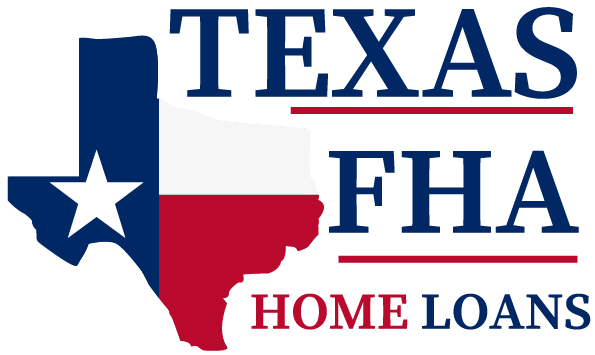
FHA loans aren’t for everyone, but it is often their best shot at buying a home for millions of first-time homebuyers and average-income families. Thus, knowing more about how FHA loans work and their potential benefits will help you decide if it’s the best route toward your homeownership goals.
Interested in applying for an FHA home loan? Here are six important facts about FHA loans you need to know about:
1. FHA loans have less stringent qualification requirements.
FHA loans are regarded as one of the best first-time homebuyer loan programs because it is easier to qualify for than standard mortgages. FHA loan guidelines account for borrowers who, for example, do not have a long credit history or must use gift funds to make a down payment. To apply for an FHA loan, you must meet the following basic requirements:
• A credit score of 580 or higher.
• A debt-to-income ratio of 50% or less.
• A 3.5 percent down payment.
• The house must fulfill the minimum property standards of the FHA and be your principal residence.
2. FHA home loans require mortgage insurance.
All FHA loans require mortgage insurance premiums (MIP). Unlike private mortgage insurance paid by traditional borrowers who put down less than 20%, FHA mortgage insurance cannot be canceled because you achieve enough equity.
If you make a down payment of less than 10%, FHA mortgage insurance is required for the loan duration. You’ll pay FHA mortgage insurance for 11 years if you put down 10% (or more).
3. Home must be used as a primary residence.
FHA loans are only available for properties identified as the borrower’s primary residence. Investment and secondary properties, as well as holiday residences, would be ineligible.
On the other hand, FHA loans aren’t limited to single-family residences. The guidelines for purchasing FHA-approved condos have recently been expanded, and borrowers can use an FHA loan to acquire a multifamily property.
4. An FHA loan can be used to make home modifications.
FHA 203(k) loans can fund a fixer-upper or other repair property. Borrowers receive loan amounts depending on the expected worth of their home after any improvements, repairs, or upgrades.
Most 203(k) loans will cover up to $625,000 in the purchase and subsequent upgrades, including foundation and structural improvements, fire and flood damage, additional living space, and other modifications.
5. The FHA loans also have a reverse mortgage program.
Borrowers 62 and older who live in their primary house and have a low mortgage balance can switch to a reverse mortgage.
The FHA has a House Equity Conversion Mortgage (HECM) program that uses the equity in your home to pay off your outstanding mortgage payments. Moreover, the borrower is not required to make monthly payments as long as they do not sell or foreclose on their present mortgage.
Other advantages of HECMs include tax-free income and additional funding for home improvements or other investments.
6. The terms of an FHA loan may differ depending on the lender.
While the FHA establishes baseline requirements, individual FHA lenders may have more stringent restrictions. For example, an FHA-approved lender may set a minimum credit score of 580 for an FHA loan rather than 500.
Lenders set their rates and terms, so it’s always good to shop around and compare loan offers, just like any other loan application.
Obtaining mortgage pre-approval from multiple lenders will allow you to view the total cost, including FHA closing costs and other fees.

